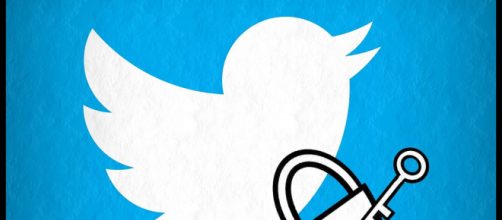Facebook has faced for some time, a backlash over the Cambridge Analytica data breach. As it turns out, it is not the only social network involved in the incident. Over this past weekend, the microblogging site, Twitter, confirmed it had sold data access to the same psychology professor who harvested information from 87 million Facebook users.
The revelation Twitter made about selling access API access raises concerns naturally. In addition, just how influential this social network was during the American election is yet to be determined.
According to TechCrunch, the psychology professor known as Dr.
Aleksandr Kogan purchased a one-time API access. In other words, he accessed a random sample of publicly shared tweets from a five-month period. The dates were from December 2014 to April 2015.
Twitter has removed Cambridge Analytica from its ad platform
Facebook, upon learning that the data firm had harvested information from 87 million users, suspended Cambridge Analytica. Not surprisingly Twitter has followed a similar approach.
Twitter's spokesperson confirmed to the British daily, The Telegraph, they made a policy decision and off-boarded all advertising tied to the organization. Furthermore, Twitter's decision was based on how Cambridge Analytica operated using its business model and directly undermines the company's ads business practices.
Twitter sold data access to the academic at the center of the Cambridge Analytica scandal https://t.co/iE2GRxlbqZ pic.twitter.com/BHhnR1gVG7
— Slate (@Slate) May 2, 2018
Unlike Facebook, where lots of information is stored and shared, Twitter does not harvest nearly the same amount of user information. Also, Twitter does not have the user-base size that Facebook commands.
There is no current information if Twitter will have to testify or have to cooperate with lawmakers. Making this information known to the public was a right move, but it is a cause for concern about how data is getting used by organizations like Cambridge Analytica.
BREAKING: @Twitter also sold #data access to #CambridgeAnalytica-linked researcher. Ever since the @camanalytica @facebook scandal broke we've been wondering what other data did Dr. Aleksandr Kogan gain access to? Well guess what! https://t.co/EdRfSLXSbI pic.twitter.com/E9uuJUZY7i
— Bill Mew (@BillMew) April 30, 2018
Twitter's API is a known practice conducted by the social network
As reported by Mashable, apparently Twitter allows particular large organizations to access its API. It essentially utilized for surveying and gaining insight to opinions around topics, news events, ideas, politics, etc.
The Twitter spokesperson also confirmed the company conducted its own internal review. The apparent investigation did not find any access to private or sensitive information from people who use Twitter.
As Engadget reports, the scope of this data does not initially indicate that it was massive. However, what will be interesting to know is if it was used in some way to enhance the User Data that was harvested from Facebook users.


